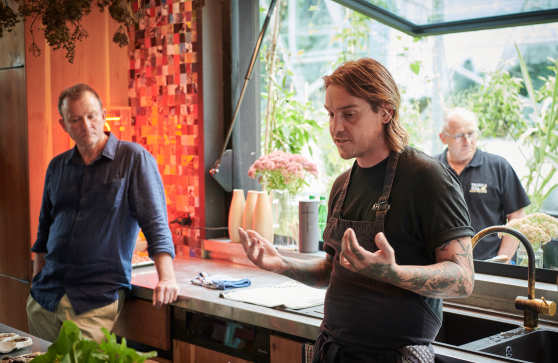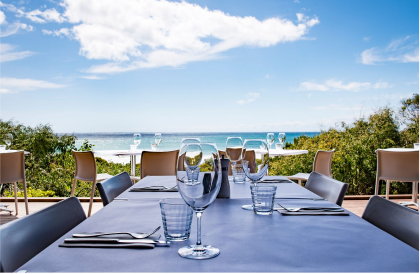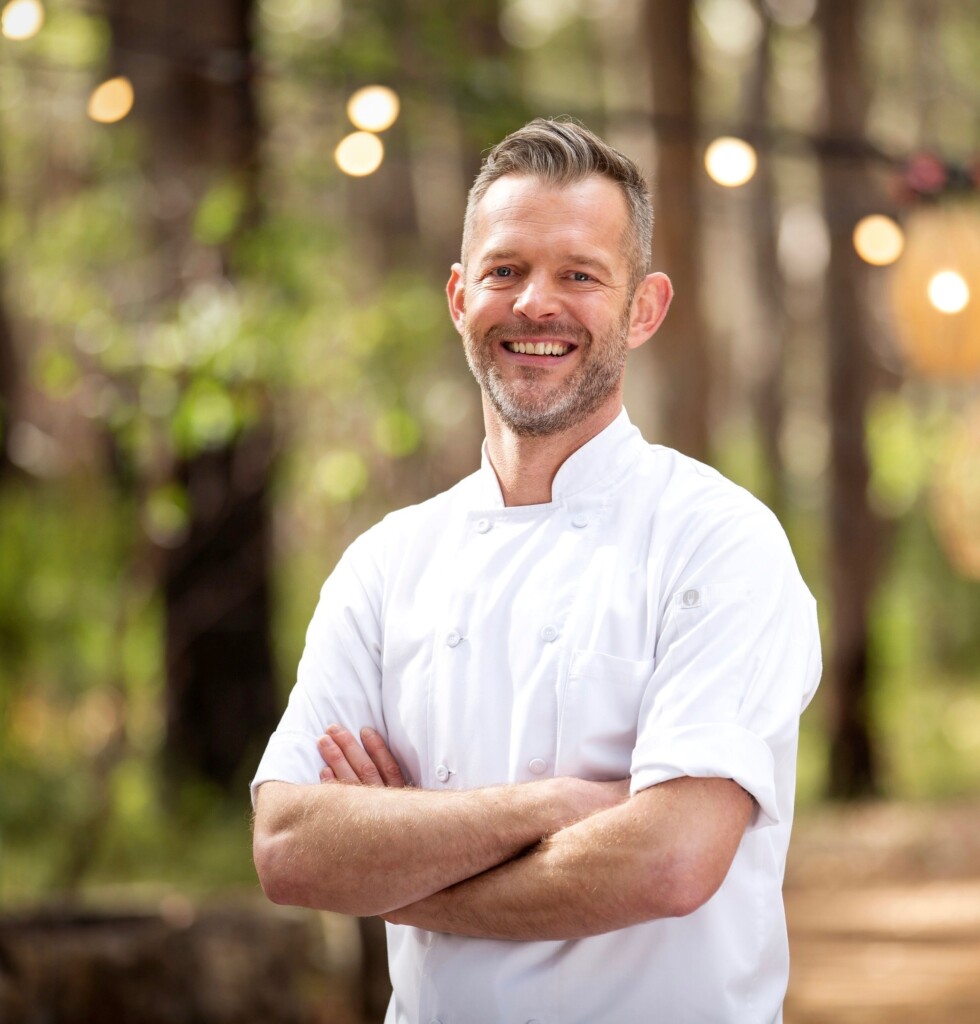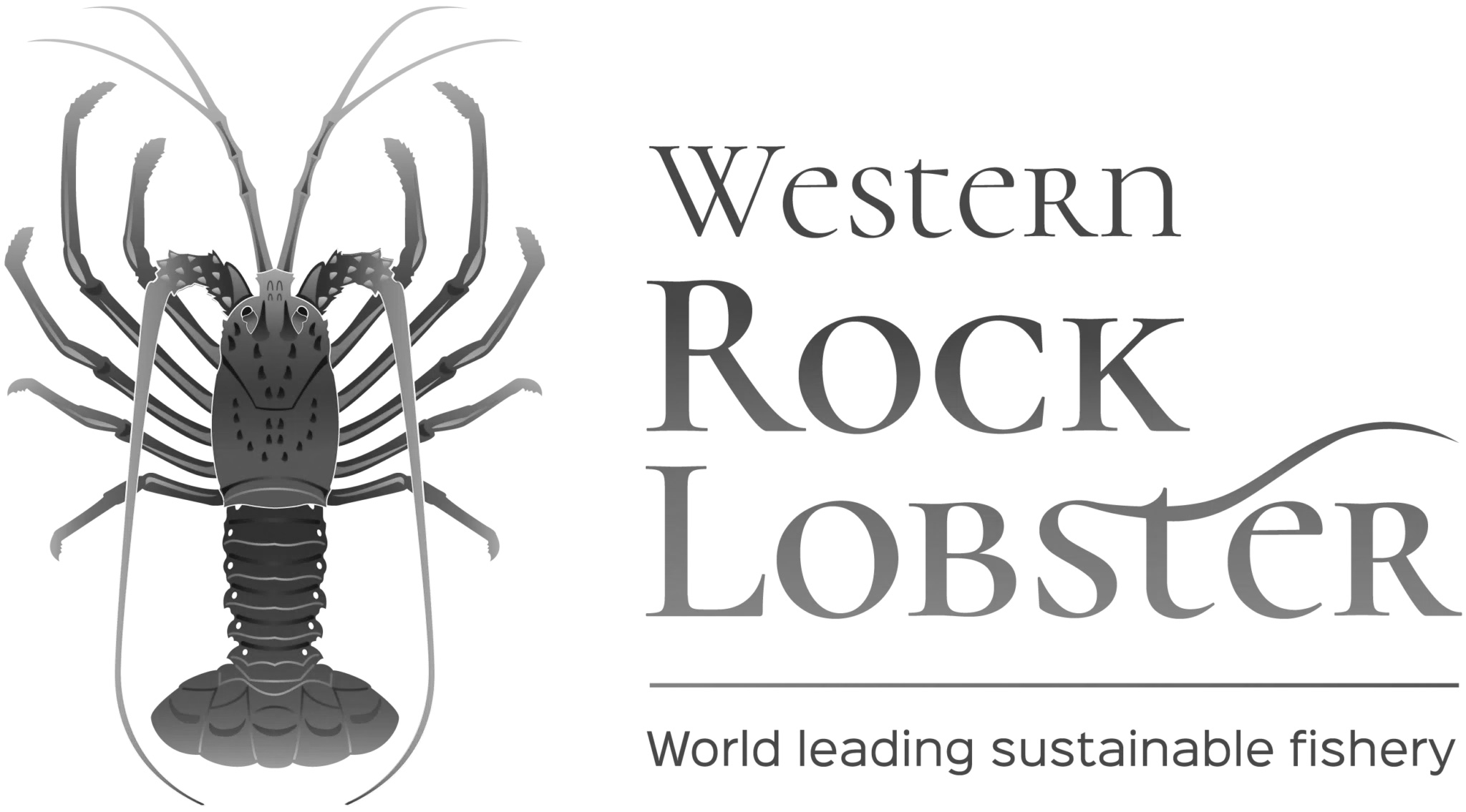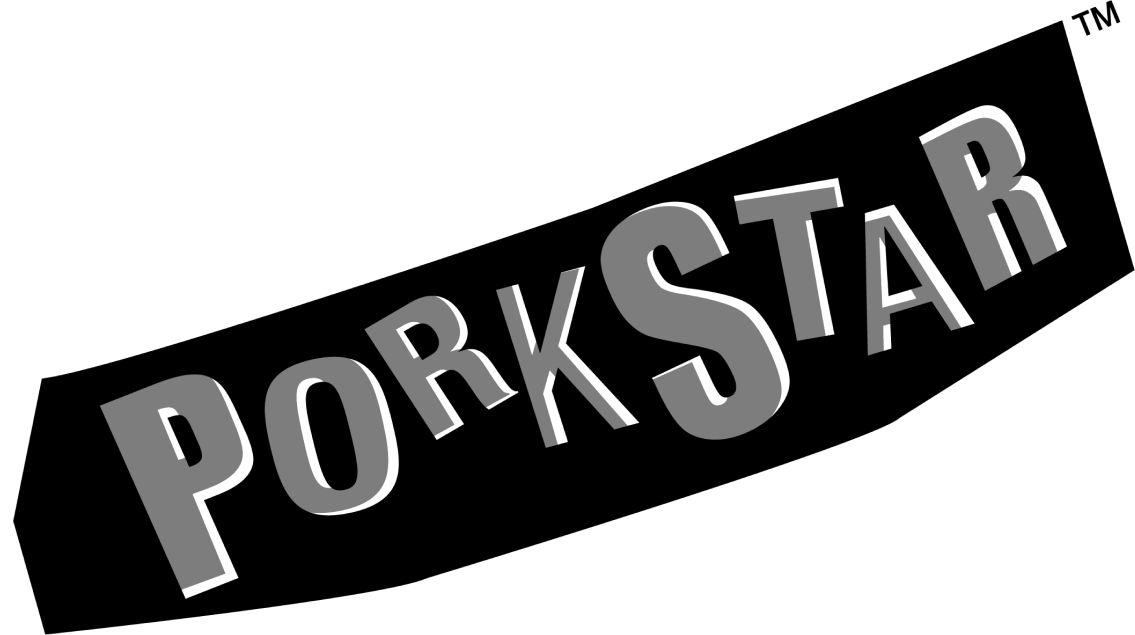Served as premium marbled steak, tartare, braised, or grilled over coals, high-quality beef is always a highlight for WA Good Food Guide’s team. We take a look at Pardoo Wagyu, who have developed the first pure-bred wagyu herd in the north-west of Australia.
It’s fair to say that not all beef, and especially wagyu, is created equally. Pardoo Wagyu has invested heavily in understanding and perfecting genetics and developing its grain-fed finishing program. A relatively new name in the landscape of Australia’s high-quality beef producers, Pardoo has consistently scooped awards at the Australian Wagyu Association Branded Beef Competition from 2016 to date as well as winning over chefs with its sheer quality and distinct flavour.
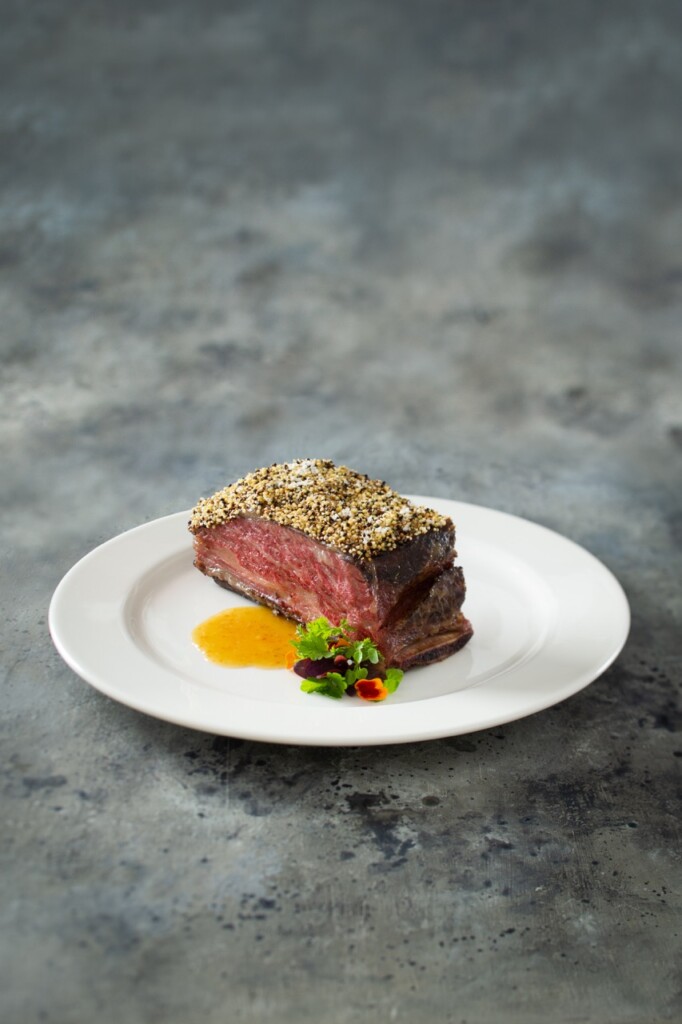
“Pardoo Wagyu is a beautiful product,” says chef Scott Bridger of Bib & Tucker in East Fremantle. No stranger to the best of Western Australian produce, Bridger talks about his recent experience of cooking with Pardoo Wagyu for the first time, as part of a community-focused dinner held in Broome with the Purple Hands Foundation and the WA Good Food Guide.
“It was my first time using Pardoo’s product and I was super-impressed,” he says. “Kids had travelled from all over the north from these really remote communities, and we were serving this super-premium beef that a lot of adults haven’t even tried.” While it may have been a culinary education for the young guests, so too for the chef. “Meeting some of the team, it was clear that they’re super-passionate and we got to know more about what they do,” says Bridger.
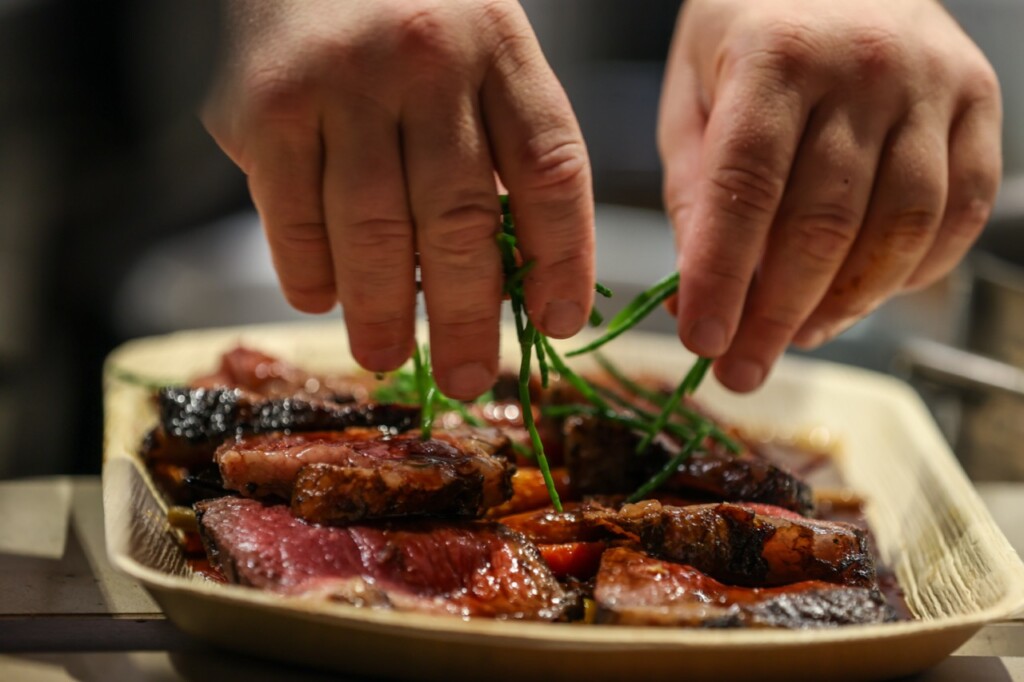
Pardoo Station was purchased in 2015 by Singaporean investor Bruce Cheung, who has in the intervening years proven his intent to invest in the product and the region, along with a commitment to the local and indigenous communities of the north-west, including the Wanparta Aboriginal Corporation, Bunuba Aboriginal Corporation, and the Mowanjum Aboriginal Corporation, who in turn support the wider Pardoo Beef Corporation.
Approximately 160 kilometres north-east of Port Hedland, Pardoo Station has 150 years of pastoral history and spans over 200,000 hectares. With investment in its irrigated cattle operations, the future looks bright for this corner of the Pilbara. On the traditional lands of the Ngarla people, a relationship has been fostered with the Wanparta Aboriginal Corporation for the lasting benefit of the community.
Pardoo Wagyu has been innovating in the region – rather than simply farming along conventional lines – producing premium quality pure-bred wagyu enjoyed globally in dining destinations like Singapore, Dubai and Thailand. “Our focus is shifting to the Australian market, especially in the WA fine-dining space,” says Hossam Shabyak, Pardoo Wagyu Sales and Marketing Manager. “Diners can now enjoy Pardoo Wagyu at award-winning Frui Momento in the Margaret River region, Bistro Guillaume at Crown, and at the iconic Optus Stadium. We’re excited to say that we’re widening availability, and you can now pick up our wagyu from Mondo Butcher in Perth to cook at home, or head to Big Don’s Smoked Meats for your next brisket meal.”
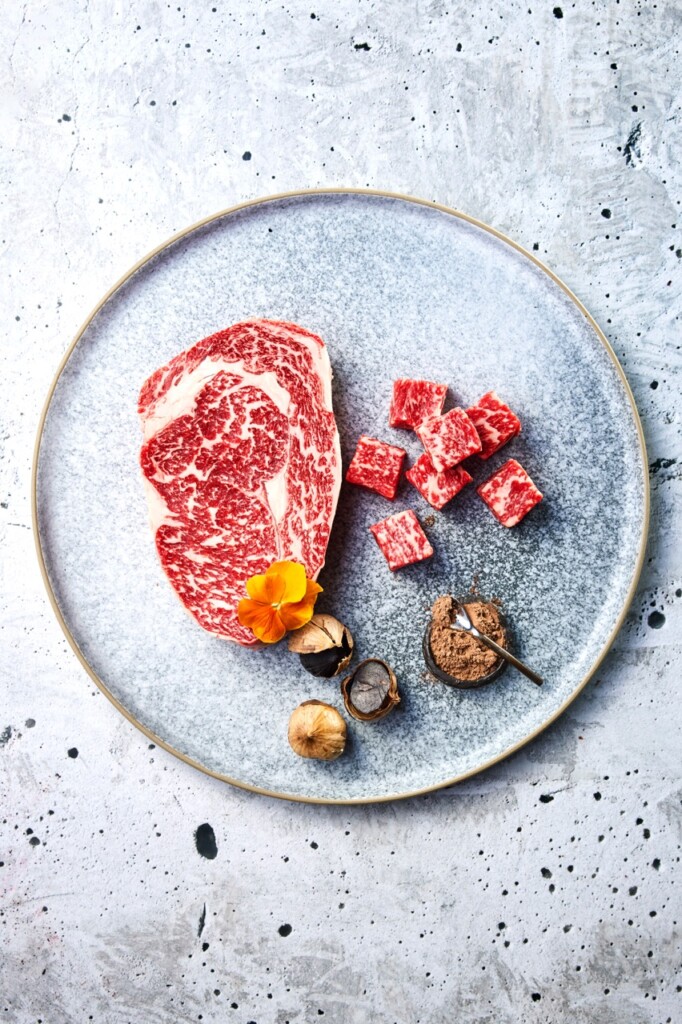
Bryan Jimenez, chef de cuisine at Optus Stadium says that Pardoo Wagyu is his go-to ingredient. “With any VIP function or dinner, the main course is always Pardoo Wagyu.” he says. “I don’t do much to it, I let that produce sing on its own.” Seasoned with nothing but salt and pepper, Jimenez simply cooks it to medium-rare. “That just carries the entire dish,” he says. “I can play around with flavours, textures, and components around that wagyu. A hero ingredient for a hero destination.”
“At Pardoo, along the pristine coastline of the Pilbara, we care for our cattle for a period of 1200 days, growing them very slowly without the use of any growth hormones,” says Shabyak. “Ownership of the supply chain gives us complete traceability of our beef as well as the opportunity to use the data we collect throughout to analyse and improve the quality of our wagyu. I believe our unique location on the Indian ocean, the vast space and the untouched environment, contribute to the unique flavour of our beef, described as the flavour of land and sea by chefs who use it.”
Scott Bridger says “It was one of those ‘oh my god’ moments,” as he first finished the Pardoo Wagyu over coals. “That wagyu flavour, without it being too much,” he says. “100 grams of wagyu allows creativity, and holds up well to a lot of cooking styles and flavours. The way produce is treated matters, and you can certainly see it is with Pardoo Wagyu. It really shines through with the flavour.”
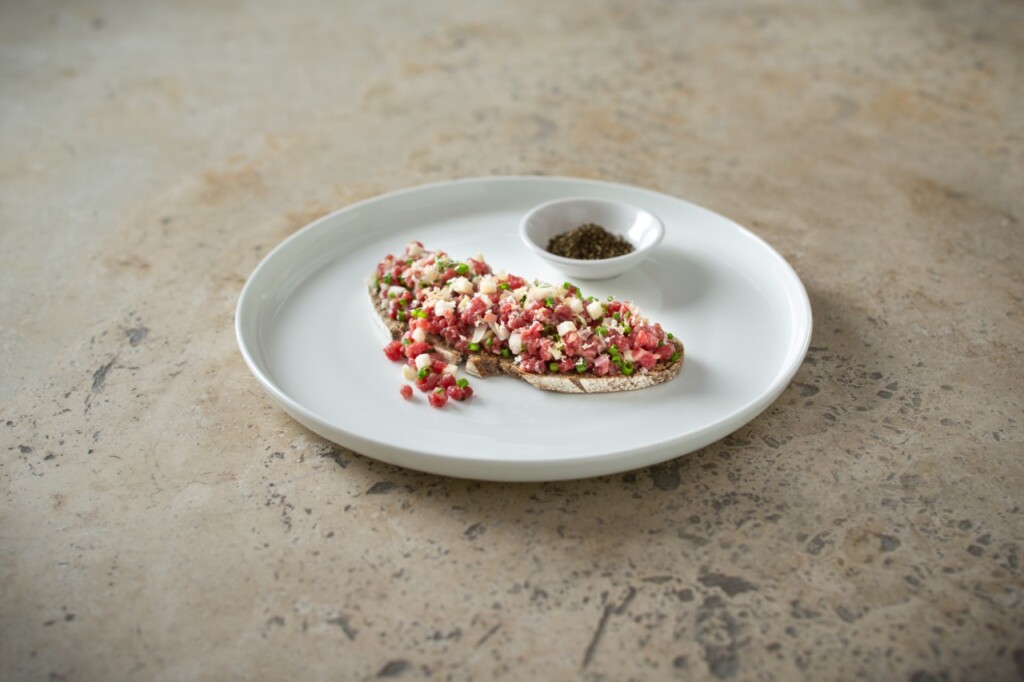
Seth James, the award-winning chef of Frui Momento says that it’s not just consistency that draws him to Pardoo Wagyu. “I love the customer feedback,” he says. “I enjoy the product but most of all it’s the customers who enjoy it. It has great flavour too. Sometimes wagyu can be too buttery, but this still tastes like beef.”
James favours lightly curing Pardoo Wagyu for up to two days in miso, sake and mirin, before finishing it on the grill. “It’s a rich meat already, but when you add the miso it adds more umami and then when you finish on the grill you get a really nice caramelisation.”
Now seven years into the journey, Pardoo Wagyu is increasingly known as a world-class wagyu producer; its beef carving out a place as a truly revered West Australian ingredient at home and further afield.
Visit pardoo.com for more information.
This article was produced in partnership with Pardoo Wagyu.

